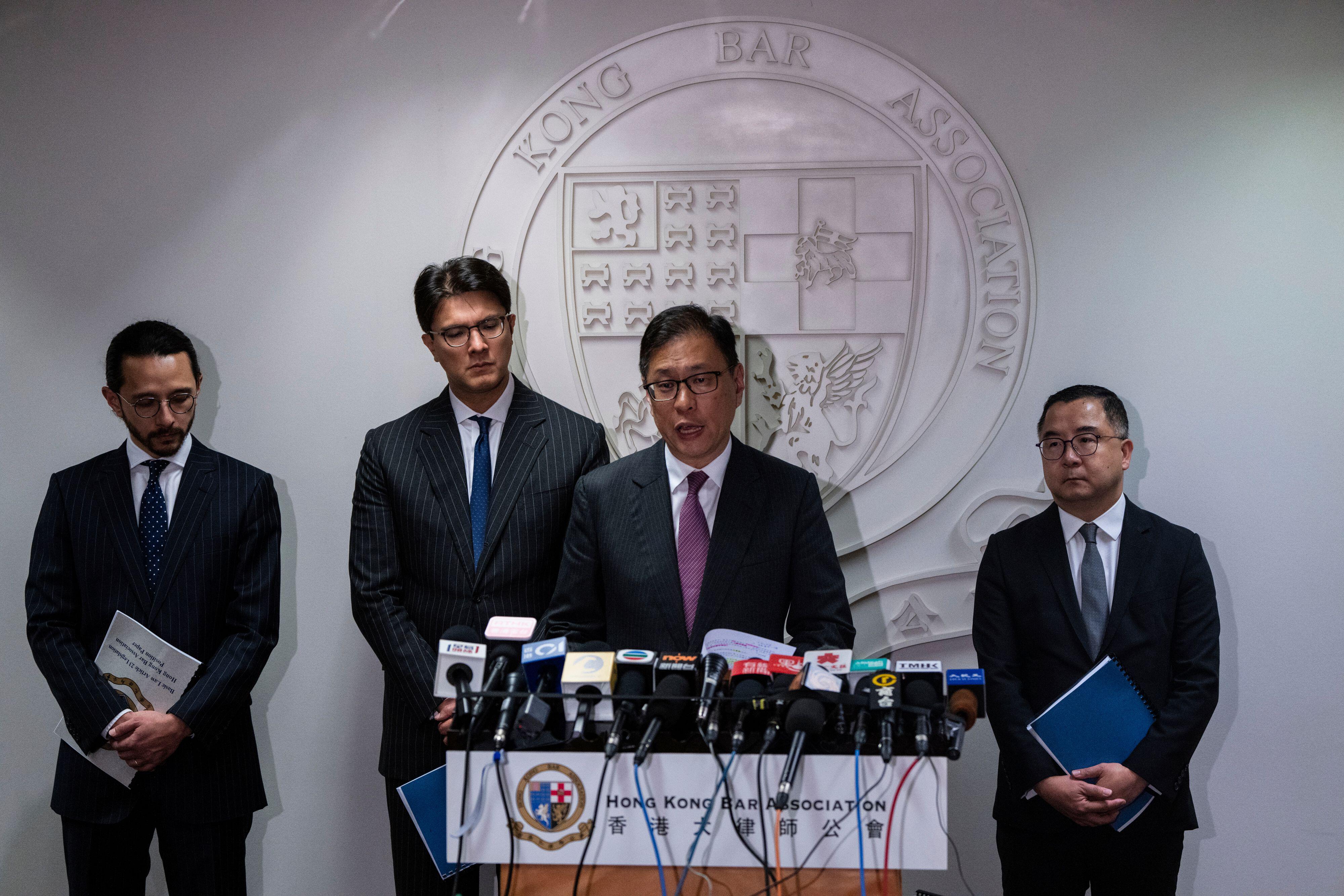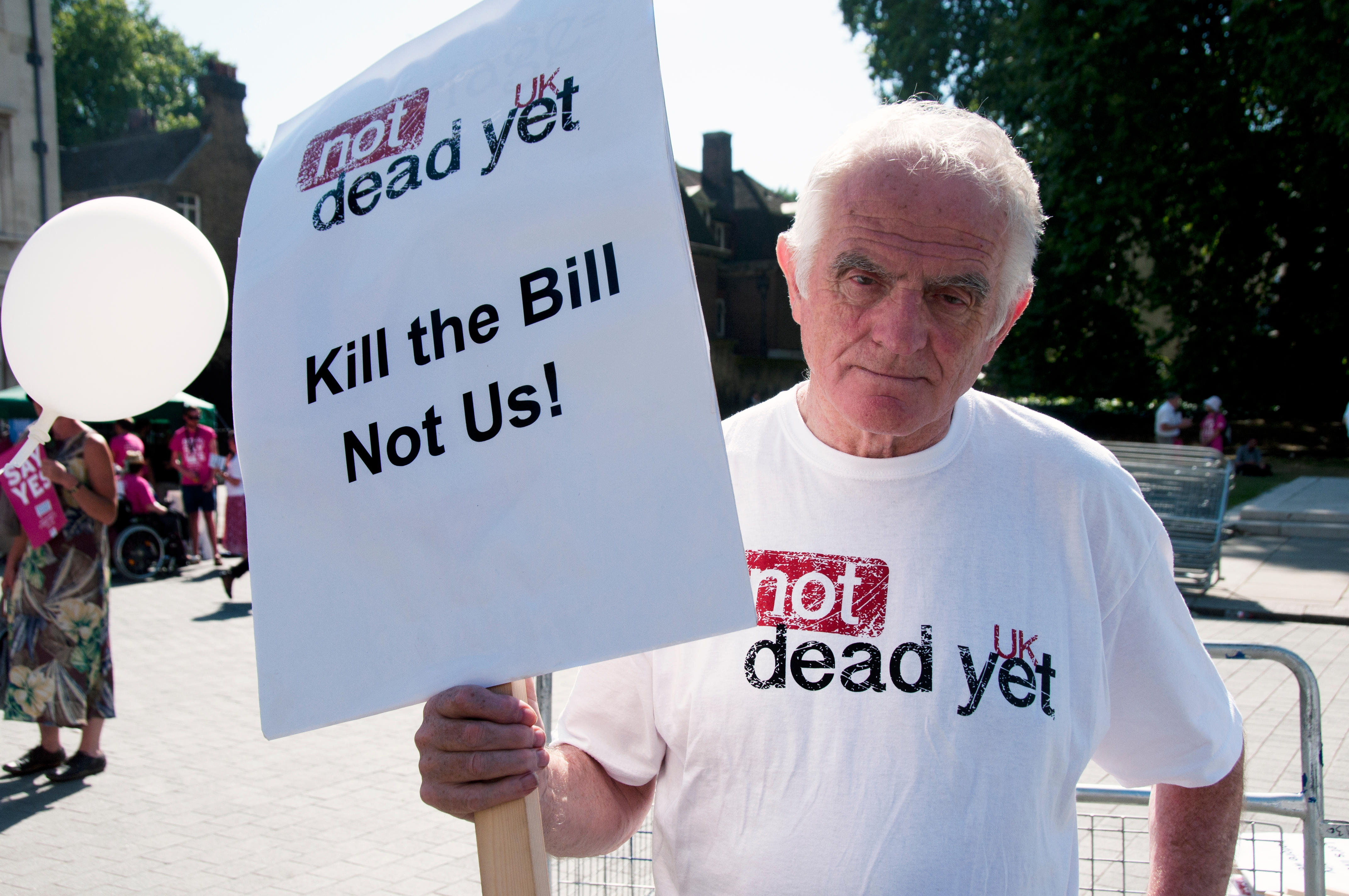Recent media coverage promoting assisted dying clearly demonstrates a significant problem with perceptions on the current proposals to change the law. To garner support for assisted dying, media stories and celebrity interviews already refer to situations that lie well beyond the scope of the proposed assisted dying legislation. As a result, we may be marching towards the inevitable expansion of assisted dying to include death on request, based on feelings of pity, and in situations not confined to the request of the patient.
This march is certainly not a reason for creating an even more liberal law, nor does it merely indicate a slippery slope argument that involves warning of undesirable or unintended consequences. Rather, this march calls us to reflect more deeply on what underlies the assisted dying debate. Ostensibly, the debate centres on the request for a self-determined death. However, closer attention to stories used by those promoting assisted dying shows that support is driven not by respect for autonomy but by pity, and pity moreover that is fuelled by impoverished and misplaced attitudes towards care and dependence. By pitching fear of loss of control, of being dependent and being in need of care as suffering, albeit existential suffering, any life of dependent disability also rapidly becomes a worthless and tragic life regardless of the views of the person whose life it is. Instead of following other countries that have accepted assisted dying and euthanasia, the UK should lead on challenging the kind of thinking that implicitly and at times explicitly holds that there are some lives not worth living, however short those lives are.
We are told that the proposed change in law provides strict safeguards to allow for assisted dying for the terminally ill who have mental capacity and who can self-administer the poisoned “medication”. However, commentators on the change in legislation, notably celebrities, and the stories that are produced to argue for change simply do not support the three elements in the proposed legislation: terminal illness with less than six months to live; mental capacity; and ability to self-administer. The people in most of these tragic stories simply would not qualify for assisted dying under the proposed legislation. The list of high profile and celebrity stories which are used to support a strict assisted dying law in fact are attempting to make the case for assisted dying and euthanasia without limits.
Reference is often made to the case of the young rugby player Daniel James who was paralysed in an accident and ended his life in a Dignitas clinic because he did not want to live a “second-class life”. Tony Nicklinson who was paralysed after a stroke viewed his life of serious disability to be demeaning. He failed in his request for euthanasia, and he died after voluntarily stopping eating and drinking (VSED). VSED is seen as an alternative to assisted suicide and organisations such as Compassion in Dying, a sister organisation to Dignity in Dying, see it as an acceptable way for people to have control over the timing and manner of their deaths. In a subsequent court hearing Tony Nicklinson’s wife argued that any law allowing for assisted dying rather than euthanasia would discriminate against the disabled and those who could not do the last act themselves. Similarly, Paul Lamb who was paralysed after a car accident had his petition for euthanasia or assistance in dying denied. Paul Lamb said that his disabled life was undignified, and his carer stated that what scared Mr Lamb most was lack of control. Daniel James, Tony Nicklinson and Paul Lamb were not dying, they were not terminally ill, and they probably would not have been able to do the final act themselves. They would not have been eligible for assisted dying under the proposed change in the law. But, for some people, their apparent pitiable existence of disability made them eligible for death. Prue Leith, a patron of Dignity in Dying, formerly known as the Voluntary Euthanasia Society, advocates for euthanasia for elderly people who are not dying, and she has said that feeling a burden is a valid reason to ask for an assisted death. People, she says, should have control over their own lives. Patrick Stewart believes that people should not be condemned to suffer, and that euthanasia should be everyone’s right. As for capacity, many people think that a diagnosis of dementia should make a person eligible for assisted dying, yet dementia specifically affects capacity and people living with dementia are not dying.
High profile stories and endorsements from celebrities have power and influence because they are seen as especially credible: celebrities are the focus of attention. Often, celebrities do not seem to speak from an agenda or a political position but rather from their own experience: Patrick Stewart and Prue Leith both speak about loved ones who suffered painful deaths.
Notably, celebrities have this influence even when they do not have relevant or appropriate expertise in relation to the topic in hand and even when they mistake the argument by appealing to situations that do not apply. However, Wendy Mitchell, an ambassador at the Alzheimer’s Society, was known for a certain expertise through her candid books on living positively with dementia. After years of campaigning for dementia awareness, Wendy Mitchell decided to “call time” on her dementia and she died by VSED. However, as Wendy Mitchell wrote in her final blog, if assisted dying were available in the UK, she would have chosen it “in a heartbeat.” The choice for assisted dying, she argued, should be available for all. Wendy Mitchell accepted that some people living with dementia can live happy lives, however, she did not want to be reliant on others for her daily needs. She did not want care. She did not want to become unrecognisable from the person she once was. She did not want to be “like that”. Importantly, however, though her case was used to garner support for a change in the law, as noted above, the change that campaigners wish to see would not have allowed her to choose assisted suicide – or assisted dying as the campaigners describe it.
People may claim that their decision to choose death only relates to their circumstances and that it does not have any implications for people in similar situations. But this simply does not hold. Saying that you do not want to be a burden to others because you are elderly; or that you do not want to be seen as less of a person because of cognitive disability; or that you do not want to be “like that”; or that you do not want to live a second class existence of disability; or that your life of dependency is undignified and demeaning; or that death is preferable to life without control, speaks volumes to those who do live a life of dependency on others.
Moreover, designating these fears and attitudes to disability as “suffering” inevitably creates the attitude that all disabled lives are lives of suffering. While many like to think that they are courageous in campaigning for assisted dying, onlookers may agree that death is preferable, not because of a commitment to self-determination, but out of a sense of pity because they too would not want to live “like that”.
This attitude of pity shores up the perception that the lives of people with disabilities are not worth living, that a life of dependency is a burden on others, that some people are better off dead. In the vicious circle, those who request death rather than disability reinforce this attitude and this attitude is finally cemented if doctors follow through a request for assisted dying, implicitly agreeing that the person’s life is a burden on others.
In some countries in which assisted dying is legal this attitude has further been translated into the view that death is a cheaper alternative to providing care: for example, where a Canadian Paralympian was offered euthanasia when she asked for equipment to make her house accessible or where the insurance company of a woman in Oregon refused to pay for drugs to treat her lung cancer but offered to pay for the cheaper alternative of drugs for physician assisted death. People with disabilities fear that terminal illness could be interpreted to include disability thus making their lives even more precarious.
People may think that they are supporting the voluntary choice for death of a few dying patients with full mental capacity who are suffering existentially. However, look more closely and support for change is based on pity for the particularities of individual hard cases without deeper reflection on what this might mean for the community, for elderly people, for people living with disability or dementia, for people living in apparently hopeless situations, for people who are afraid of losing control and of being seen as lesser persons with a diminished existence. Moreover, we need to reflect seriously on the way in which suffering is projected into disabled lives even when the person with the disability is quite contented. The discussion of the hard cases is communicating the message that autonomy is the ultimate good and that losing control and needing to be cared for, instead of part of being human, are somehow demeaning and demanding of pity.



 Loading ...
Loading ...
What do you think?
You can post as a subscriber user ...
User comments (0)